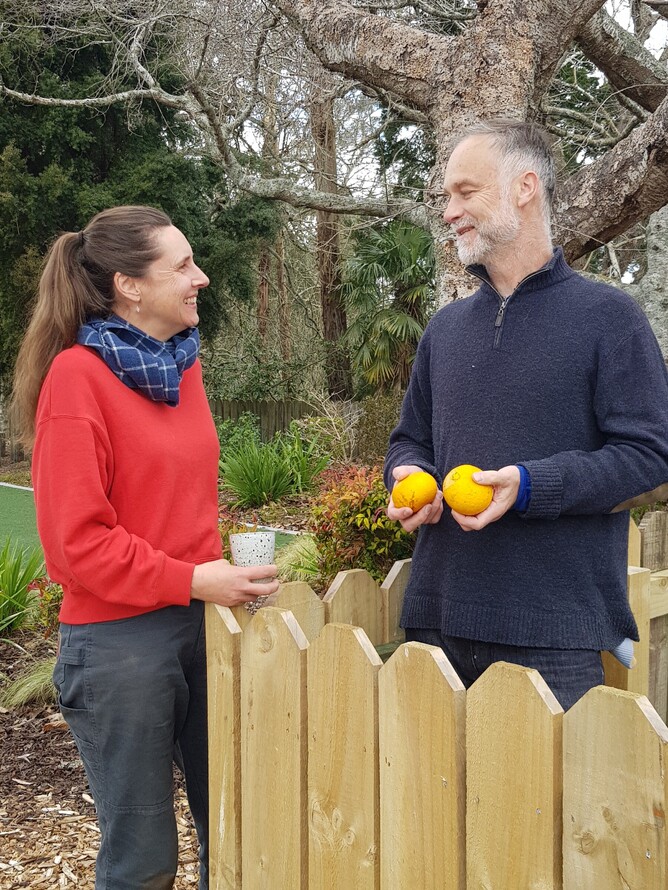The health benefits of connecting with your neighbours.
In today’s fast-paced world, it’s easy to become isolated, even in the midst of bustling neighbourhoods. However, recent research suggests that maintaining connections with our neighbours isn’t just a pleasant social bonus - it’s a crucial element in protecting and enhancing our mental health. The act of fostering relationships with those who live nearby can have profound effects on both mental and physical wellbeing.
The Link Between Connection and Wellbeing
Research has consistently shown that social connections are a significant determinant of overall health. A landmark study published in PLOS Medicine found that people with strong social ties have a 50% greater likelihood of longevity compared to those with weak or insufficient connections. This effect is comparable to the impact of quitting smoking and is more influential than other risk factors like obesity and physical inactivity.
When it comes to mental health, the benefits are even more striking. Social isolation and loneliness have been linked to increased risks of depression, anxiety, and even cognitive decline. In contrast, those who enjoy regular interactions with their neighbours are more likely to report higher levels of happiness, lower stress, and a greater sense of purpose.
The Role of Neighbourhood Connections
But why do neighbourly connections specifically matter? Unlike relationships with family and close friends, interactions with neighbours often involve casual, low-pressure encounters. A simple greeting, a chat about the weather, or a shared concern about the community can create a sense of belonging and safety. This sense of belonging is a protective factor against mental health issues, offering a buffer against stress and helping individuals feel supported.
A study conducted by the University of Chicago found that people who feel connected to their community are more likely to have better mental health outcomes. This connection to the local environment creates a sense of stability and security, reducing feelings of loneliness and isolation. Furthermore, neighbours often provide practical support, from lending a helping hand with groceries to offering companionship, which can alleviate daily stresses.
Physical Health Benefits
The benefits of neighbourly connections extend beyond mental health. Strong community ties have been associated with improved physical health as well. A study published in the American Journal of Public Health found that individuals who are socially connected within their communities tend to have lower blood pressure, reduced risk of heart disease, and better immune function. The support and encouragement from neighbours can also motivate individuals to engage in healthier behaviors, such as regular exercise or maintaining a balanced diet.
Building Connections in Your Neighbourhood
Building connections with neighbours doesn’t have to be daunting. It can start with small steps, introducing yourself to new neighbours, joining a local community group, or participating in neighbourhood events. Regular interactions, no matter how brief, can gradually strengthen these ties, leading to a more connected and supportive community.
In urban areas, where people are more likely to live in close proximity but less likely to know their neighbours, intentional efforts to foster connections are even more critical. Initiatives like neighbourhood support programmes, community gardens, or block parties can bring people together and create opportunities for interaction.
Conclusion
In an age where digital connections often overshadow face-to-face interactions, the simple act of connecting with your neighbours can have a profound impact on your mental and physical health. By nurturing these relationships, you not only enrich your own life but also contribute to a stronger, more resilient community. The research is clear: investing time in getting to know those who live around you is not just a nicety - it’s a necessity for your overall wellbeing.
References:
https://journals.plos.org/plosmedicine/article?id=10.1371/journal.pmed.1000316

